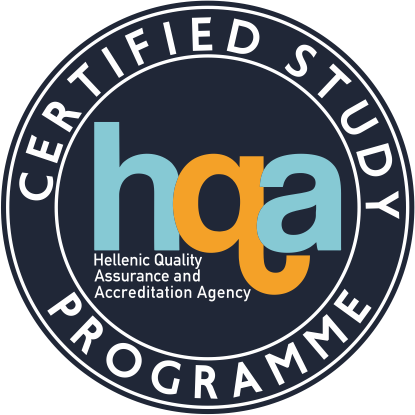| School |
Natural Sciences |
Academic Unit
|
Geology Department |
Level of Studies
|
Undergraduate |
Course Code
|
GEOL_003 |
| Εξάμηνο σπουδών |
1ο |
Course Title
|
Principles of Oceanography |
Independent Teaching Activities
|
Lectures, Laboratory Work |
Weekly Teaching Hours
|
2(L), 2(LW) |
| Credits |
5 |
Course Type
|
General knowledge, Scientific Area, Skills development |
Prerequisite Courses
|
No |
Language of Instruction & Examinations
|
Greek. Teaching may be however performed in English in case that foreign students attend the course |
Is the Course offered to Erasmus Students
|
Υes |
| Course Web-Page (URL) |
https://eclass.upatras.gr/courses/GEO369/ |
Learning Outcomes
|
Upon successful completion of this course , the students will be able to:
- Define, explain and summarize the basic principles of Oceanography
- Analyze and evaluate scientific data to create a conclusion about oceanographic processes
- Clarify the dynamics of the oceans
- Discuss and combine techniques for the management of the oceans
|
General Competences
|
- Data retrieval, analysis and synthesis of data and information through the use of new information technologies
- Adapting to new situations.
- Decision making.
- Individual work
- Production of new research ideas.
- Respect for the natural environment.
- Promotion of free, creative and inductive way of thinking
|
| Syllabus |
Theory
- Introduction to the oceans, including a history of oceanography and its early development
- Practices and methods in oceanography
- Introduction to the study of the seafloor and marine sediments
- Geological aspects related to ocean basins
- Basic properties of the oceans
Laboratory
- Navigation and positioning in the sea, production of maps related to the seafloor relief
- Analysis and interpretation of marine sediments
- Analysis and interpretation of physical properties of sea water (temperature, salinity, density)
|
| Delivery |
In classroom and in laboratory (face-to-face) |
Use of Information & Communication Technology
|
- Use of Information and Communication Technologies (ICTs) (power point) in teaching
- Support of Learning Process and Dissemination of educational material through the e_class platform.
|
Teaching Methods
|
| Activity |
Semester workload |
| Lectures (2 conduct hours per week x 13 weeks) |
2X13 = 26 (hours) |
| Laboratory work (2 conduct hours per week x 13 weeks) |
2X13 =26 (hours) |
| Individual Study |
34 (hours) |
| Interpretation and writing of the exercises |
3X13 =39 (hours) |
| Total number of hours for the Course |
125 |
|
Student Performance Evaluation
|
Ι. Theory
- Final Exam, written, of increasing difficulty, which may include Multiple choice test, Questions of brief answer, Questions to develop a topic, Judgment questions and Exercise solving.
- Students are obliged to attend all scheduled laboratory classes and to deliver all the laboratory exercises, during the semester in order to be able to participate to the final exams.
- Marking Scale: 0-10.
- Minimum Passing Mark: 5.
ΙΙ. Laboratory
- Students are obliged to attend all laboratory classe and to deliver the results of all exercises.
- Maximum number of non delivered laboratory exercises: 3
|
Attached Bibliography
|
Books :
- «Μηχανική των ωκεανών», υπό Παπαθεοδώρου Γ., Φερεντίνος Γ., Γεραγά Μ., Εκδόσεις Πανεπιστημίου Πατρών, ISBN: 978-960-530-142-2, Ιστότοποι,
Relative scientific journals:
- Marine Geology
- Deep-Sea Research
- Journal of Physical Oceanography
- Global and Planetary Change.
|





